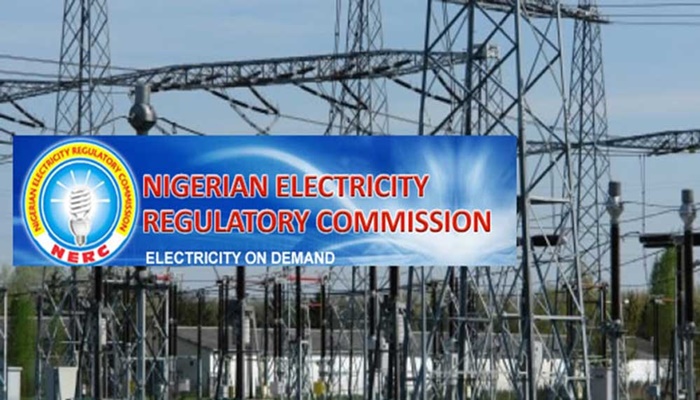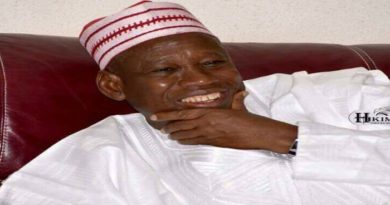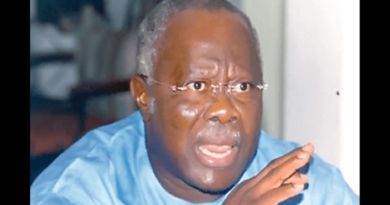90% of Nigeria’s informal sector operators battle erratic power supply – REAN
A total of 90 per cent of the operators in the informal sector are unable to produce optimally, due to the poor power supply in the country, Renewable Energy Association of Nigeria (REAN) President Mr. Femi Adaju has said.
He said the situation had worsened as generation drops to 4,300 megawatts (Mw) early this month, adding that the issue is affecting the economy, largely dominated by informal sector operators.
He said operators, such as welders, hairdressers, launders, fashion designers, and mobile phone chargers, spend a bigger chunk of their capital to provide alternative source of energy.
Adajau, in a paper entitled: “The implications of power failure on the economy: Effects on the operators in the informal sector,” delivered at a stakeholders’ forum in Eko Hotel and Suites, Victoria Island, Lagos, said the economy was struggling to survive because the sector were not recording enough growth.
According to him, the sector is in dire crisis and requires the intervention of the stakeholders, including the Federal Government, to ensure that off-grid electricity is used. He said when solar, biomass and other off-grid methods of generating electricity is used, the effects of poor power supply would be minimal.
Adaju said: “While it is obvious that the manufacturers and other formal operators are struggling to record growth due to the reduction in capacity utilisation of workers and other issues, operators in the informal sector are not doing well either. Informal operators spend huge amount of money on providing electricity through generators.
“People who use smaller generators, known in local parlance as “I better pass my neighbour’’, spend between N1,500 and N2,000 to fuel their generators for between 10 hours and 12 hours daily. This is exorbitant in view of the bad economy. When N1,500 or N2,000 is multiplied by 30 days, it amounts to either N45,000 or N60,000 per month.
‘’Operators would not have spent such amount if the government and the private investors that bought the power assets of the defunct Power Holding Company of Nigeria (PHCN) five years ago had stabilised the sector.
Credit: The Nation




